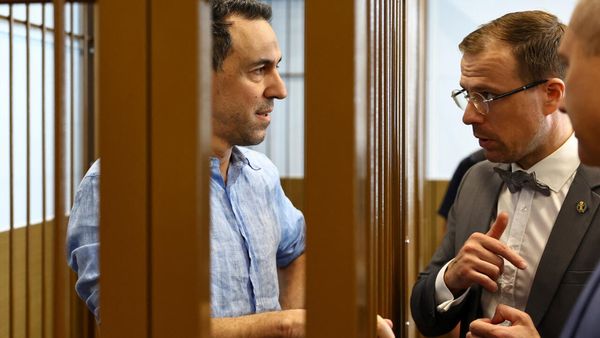In response to new data showing that up to 85% of the over 55 million people living with dementia worldwide may not receive post-diagnosis care, global dementia experts have called for post-diagnosis dementia care, treatment and support to be recognised as a human right.
On the occasion of World Alzheimer’s Day observed on September 21, Alzheimer’s Disease International (ADI), the international federation of 105 Alzheimer and dementia associations around the world, has released the World Alzheimer’s Report 2022 – Life after diagnosis: Navigating treatment, care and support, which was co-authored by McGill University.
The report focuses on the urgent need for significant improvements to essential post-diagnosis treatment, care and support services for people living with dementia across the globe.
Post-diagnosis dementia care, treatment and support refers to multiple interventions that can improve the quality of life for those with dementia, including both pharmacological and non-pharmacological treatments, caregiving, access to healthcare, support for daily life activities, home adaptations, social inclusion and respite.
“We do not question whether people with cancer need treatment, so why is it that when people receive a dementia diagnosis, they are often not offered treatment or care? Repeatedly, they are just told to get their end-of-life affairs in order,” said Paola Barbarino, ADI CEO.
“Coupled with improving diagnosis rates, post-diagnosis dementia care must be recognised as a human right. While dementia does not yet have a disease-modifying ‘cure’, there is clear evidence that demonstrates that appropriate post-diagnosis treatment, care and support significantly improves the quality of lives of those living with this disease, allowing many to maintain independence for longer,” stated the report.
“The pressure on global healthcare systems during the pandemic has further exacerbated the ability for healthcare professionals to provide adequate post-diagnosis treatment, care and support for people living with dementia. The issue is that 62% of healthcare professionals wrongly believe dementia is a normal part of ageing, with this belief fuelling the lack of support offered to people living with dementia,” the report said.
Of the healthcare professionals surveyed in the World Alzheimer Report 2022, 37% said that they feel stressed or under pressure often or all of the time with a quarter of these professionals reporting this impacted their ability to do their work. Besides, 59% said they do not feel they have adequate time to provide care for a person living with dementia.







